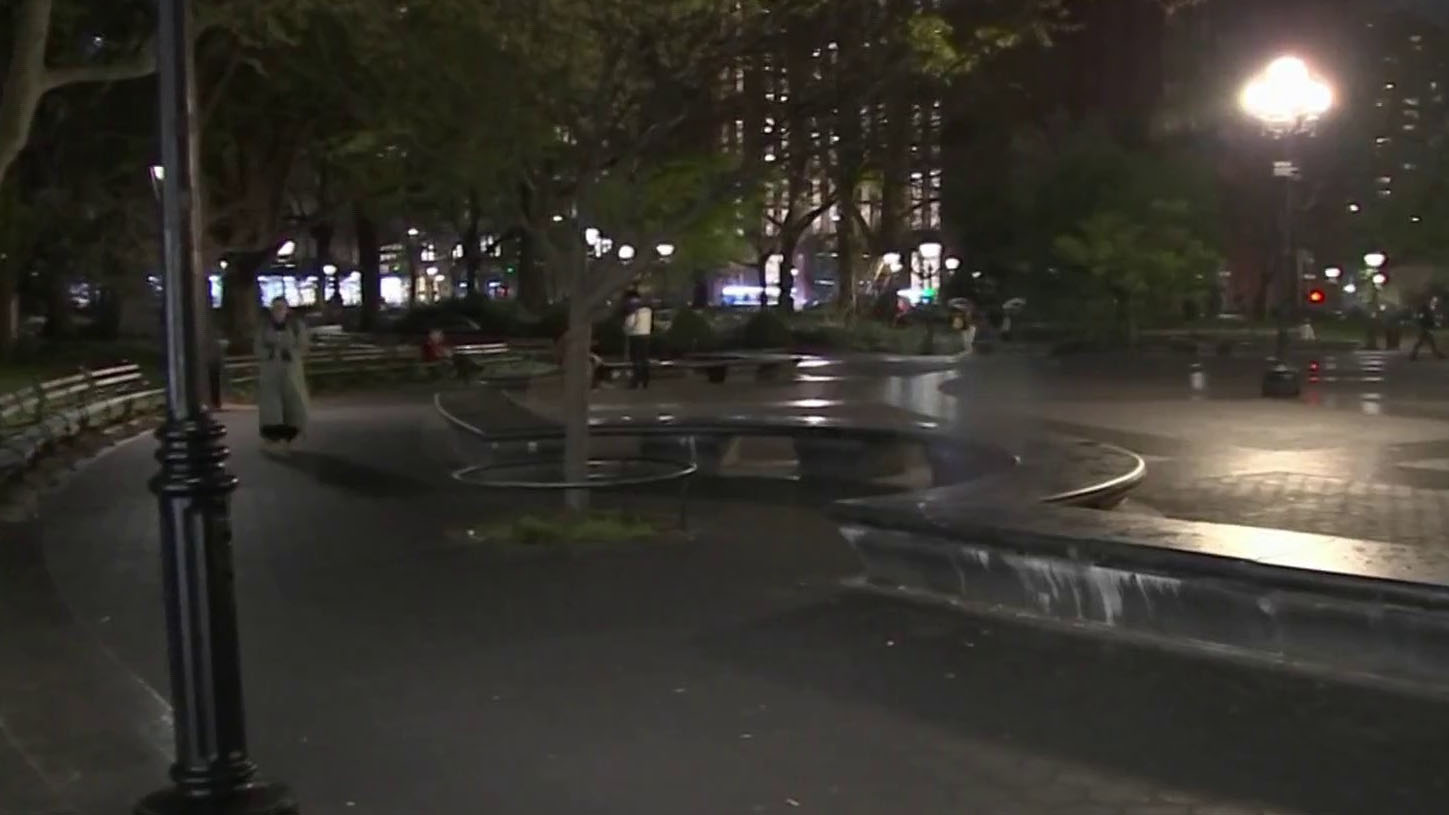A group of Bronx siblings wants answers after caretakers held a funeral and buried their sister, who had disabilities, before successfully notifying family members of her death.
In March, Glorivee Santiago, a 49-year-old developmentally challenged resident of the Community Options assisted living center in Brooklyn died of a heart-related illness. After making four unsuccessful phone calls to Santiago’s brother and sister-in-law, managers at Community Options opted to move forward with a funeral in Brooklyn and a burial in New Jersey with no family members present.
Lillian Rivera, the sister-in-law of the deceased woman, said she believes Community Options gave good care while her loved one was alive. But she can’t understand why the facility would have given up on family notification just one day after her death. The family said they did not even know the woman died until five months later -- when she tried to call to wish her a happy birthday.
Phone records provided by Community Options show one phone call to Santiago’s family on March 13, the day she died. The same records show three more phone calls in a span of about two hours the following day.
"If you did call, and no one picked up the phone, or you left a message and I didn’t answer, why didn't you call back," said Rivera. "Why didn’t you continue to call and call and call?"
After Santiago’s siblings told New York state Sen. Jeffrey Klein (D, IDC – Bronx) about the burial controversy, Klein asked Community Options to exhume the body from New Jersey and move it to a cemetery in the Bronx.
“My understanding is that the deceased had some good care there," said Klein. "But there is no excuse to not notify the family when someone passes and to leave them out of something as important as a funeral."
Local
Representatives from Community Options responded to the criticism with the following statement, accusing Santiago’s family of being largely absent from her life for years.
“Community Options has been caring for Glorivee Santiago for almost two decades with little or no contact from the family," the organization said. "In 2011, the Surrogate Decision-Making Committee of New York granted Community Options the authority to choose her medical and end-of-life care due to her family’s absence. Although Community Options is under no obligation to do so, we will continue working with Senator Klein and the Riveras so that the Riveras can move Glorivee to a cemetery of their choosing.”
But her siblings dispute the notion they have been uninvolved with their disabled sister. Rivera and her husband say they, themselves, have suffered from health problems that made visiting the woman difficult, but they say they often called on holidays and birthdays and even coordinated with Community Options to have Glorivee Santiago visit their Bronx home.
“They used to drop her off here sometimes for the day, sometimes for the weekend,” Rivera said.
Aida Guzman, Glorivee Santiago's sister, also disputed the idea that relatives were absent from the woman's life, and she said assisted living centers should do more than make a handful of phone calls when notifying family about client deaths.
“They should have sent a letter or they should have come over here and notified my sister-in-law and my brother that my sister had passed away,” Guzman said.
Community Options says the facility did send a letter to Santiago’s family after she died, but the nonprofit declined to show that letter to the I-Team, citing medical privacy laws.
Although Community Options denies making any missteps in its attempts to notify Glorivee Santiago’s family, her sister-in-law has preserved a handwritten note signed by the Executive Director of the Brooklyn assisted living center.
The note begins with the following sentence:
“Again I apologize for the loss of your sister, Glorivee, and for our failure to get in touch with you at the time of her death.”



